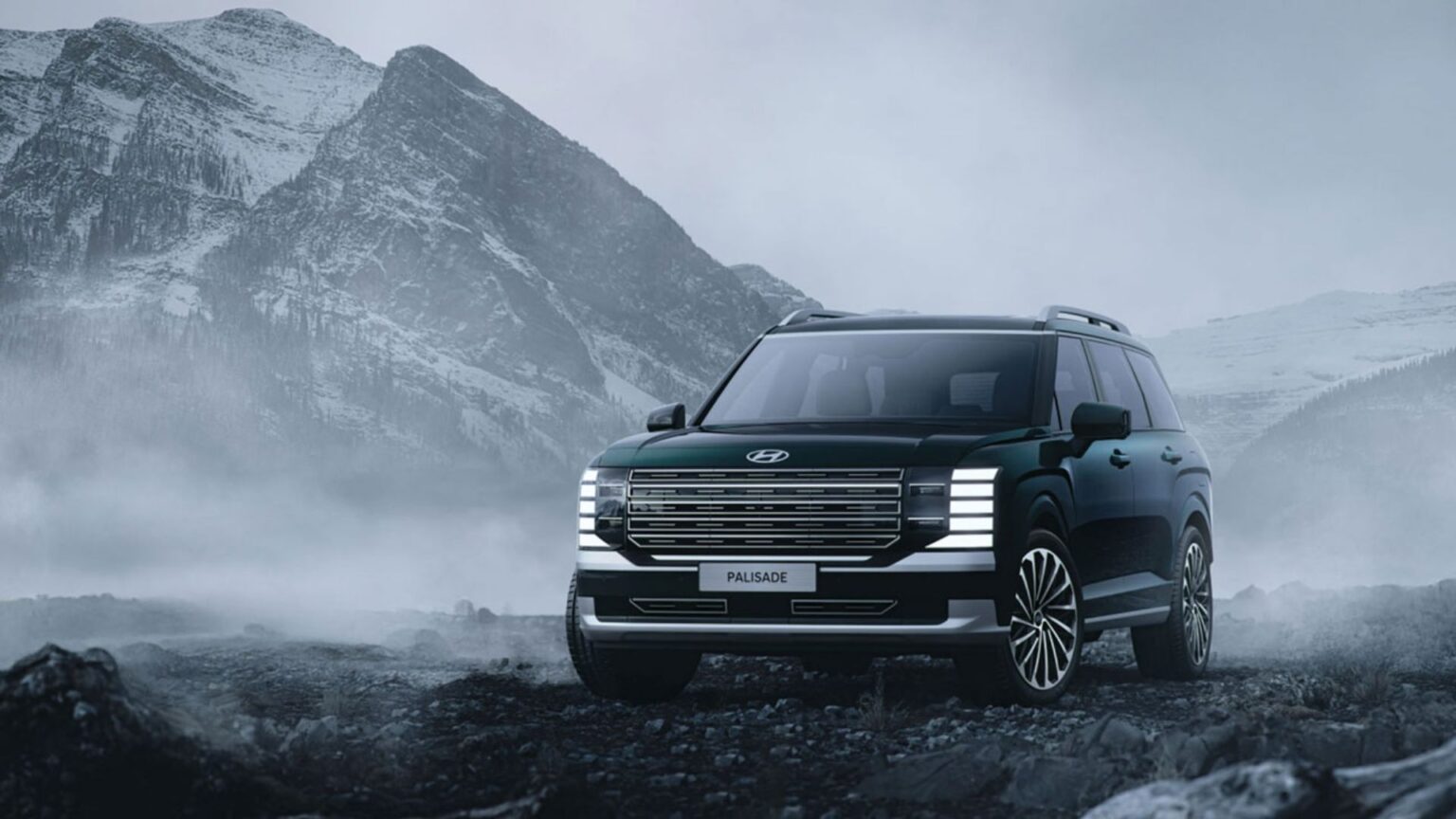A number of outlets have reported that Hyundai’s $6 billion investment in a steel mill in Louisiana was in response to Trump’s threat of tariffs. The truth is a lot more complicated, and as other automakers have warned in public statements about tariffs, the car industry doesn’t turn on a dime.
Which should tell you what you already suspected; Hyundai didn’t free up $21 billion in “new” investments promised through 2028 out of the blue. This is part of a long-planned strategy according to reporting by The Korea Economic Daily and Hyundai’s own goals, articulated going back several years.
In fact, when we asked Hyundai officials to argue—as has been breathlessly expressed in outlets like the New York Post—that this is all “brand-new” investment, spokespeople declined to comment. And when asked directly if we were wrong to report that these plans have long been in the works, they also declined to comment. Meaning, the more subtle story which follows, is the truth.
It All Started With Tariffs — But It Didn’t
Hyundai has been eyeballing EV sales slowing in the U.S. They are not alone. Meanwhile, they’ve been expanding U.S. production of a Georgia facility, known as the Metaplant, so that it can produce not just EVs but hybrids. This has been in the works before the threat of tariffs.
In February, new Hyundai CEO José Muñoz released a letter to shareholders outlining the company’s strategy in North America. Within that note, Muñoz spelled out a pivot to hybrids from EVs, “based on consumer demand,” but also explained that the carmaker is strategically on-shoring production.
This goes back nearly eight years, Muñoz noted. And the planned expansion of the Georgia facility is all about creating domestic production of EVs, because imported EVs and PHEVs wouldn’t qualify for tax rebates under President Biden’s Inflation Reduction Act. That includes the Ioniq 5 and the Ioniq 9, as well as the coming 2026 Palisade hybrid, plus Genesis and Kia hybrids and EVs. All that planning dates to at least 2023. Regarding politicizing trade, Muñoz made one thing clear: This is about trying like hell not to get caught in the crossfire of changing administrations and their whims:
“Our localization strategy in the important U.S. market will help mitigate the impact of any potential policy change.”
Steel Was Just the Latest Domino
Hyundai’s announcement to invest $21 billion in the U.S. feels like a big win for tariff policy, but the effort was already underway. According to reporting by The Korea Economic Daily, Hyundai was mulling getting into U.S. steel production over a year ago. Hyundai is already in the steel-making game; unlike American carmakers, Hyundai is a massive conglomerate, within a great number of sectors. This investment allows them to secure a domestic supply of a metal that Trump is already slapping tariffs on, mostly to protect domestic suppliers from Chinese competition.
Producing steel domestically only makes sense for Hyundai, which, between two plants in Georgia and Alabama, can make nearly 700,000 cars annually. Since Hyundai plans to expand production in the U.S., its biggest market, to 1.2 million vehicles, the expansion to produce its own steel only makes sense.
TopSpeed’s Take
If we sound dubious about the motives here, we’re not. Producing cars domestically is a good thing, regardless of the manufacturer. But pretending that Hyundai was deciding this out of thin air, in response to an administration that just came into office, would be dubious no matter who occupied the White House.
What we do wonder, because this would be new, is whether Japanese automakers, Nissan, Toyota, and Honda, somehow get in on the deal to buy U.S. Steel. Recall that Biden spiked the plan for Japan’s Nippon Steel Corp. to buy U.S. Steel.
If the biggest Japanese carmakers join in such a coalition maybe they get what Hyundai just managed, which is staving off tariffs and avoiding being the biggest tariff losers.
Read the full article here


